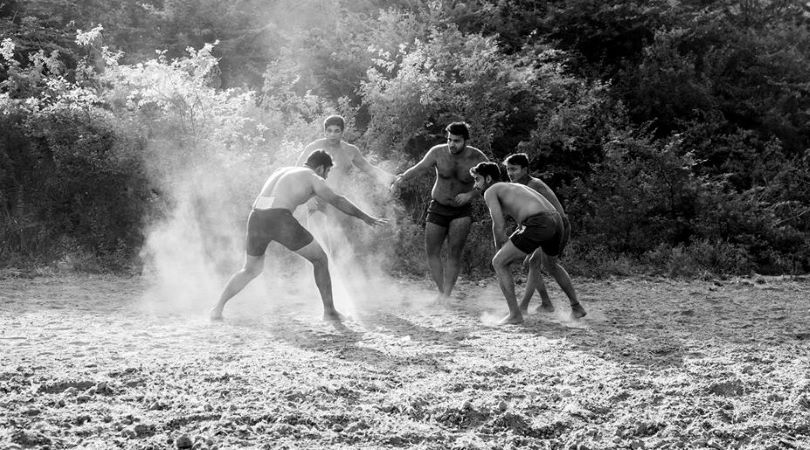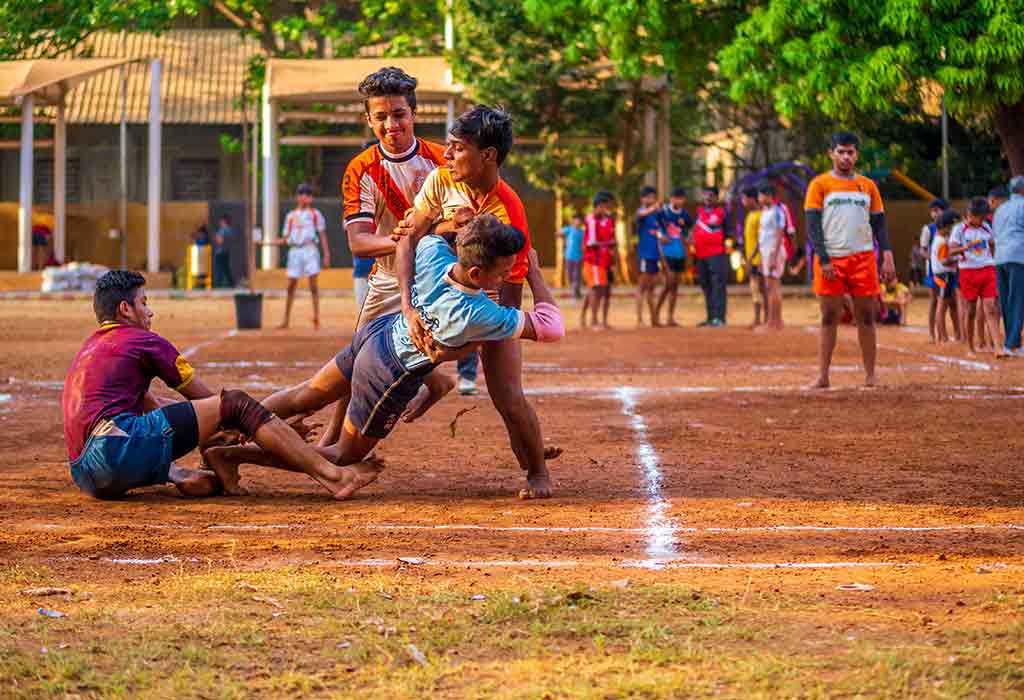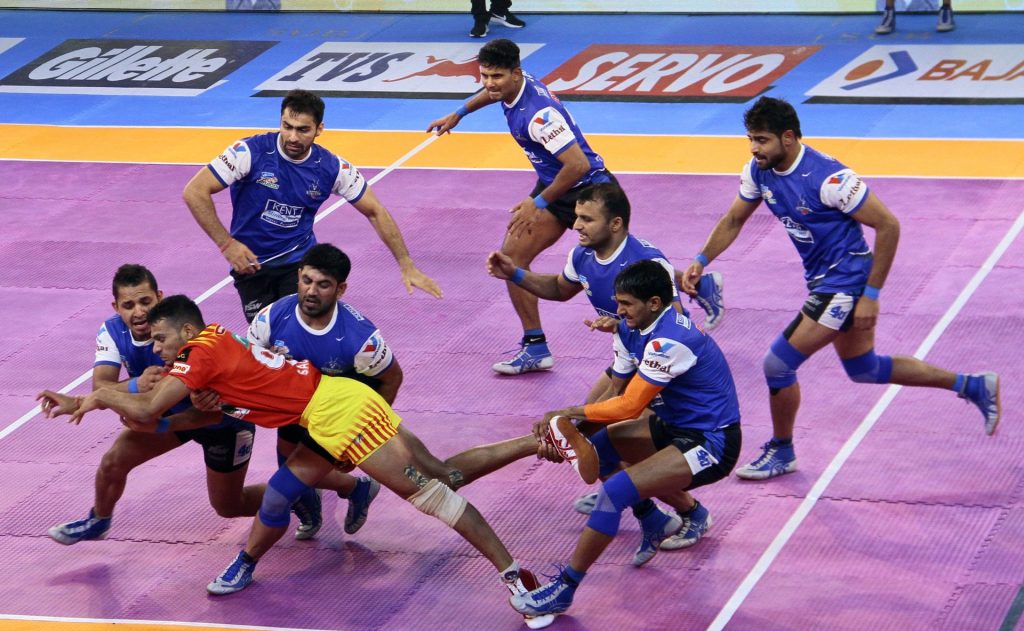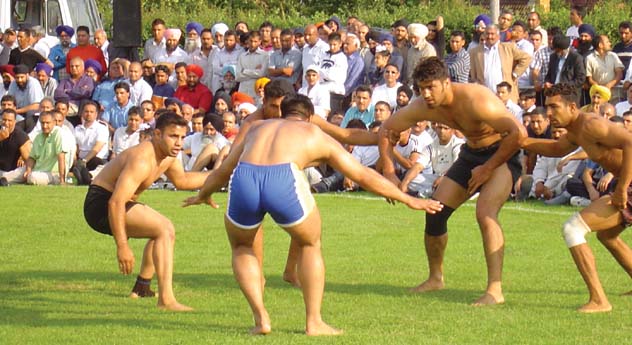Kabaddi, a sport of quick reflexes, physical prowess, and strategic thinking, has been played in South Asia for thousands of years. From its roots in ancient history to its status as an international sport today, Kabaddi has a rich and intriguing story to tell. It may seem like an unusual sport, and one that you have not heard of before, until now. But it is growing in popularity around the world. So, let’s take a look at the history of this fascinating game.
The origins of the sport
Kabaddi is believed to have originated in India around 4,000 years ago. The sport has references in Hindu mythology, particularly in the epic Mahabharata, suggesting that its roots are interwoven with the cultural fabric of the region.
The word ‘Kabaddi’ is derived from the Tamil word ‘Kai-pidi’, which means ‘to hold hands’. This name reflects the game’s basic rule of trying to capture an opponent while avoiding capture oneself.

The sport’s evolution through the ages
Historically, this sport was played to boost physical strength and agility, important traits for self-defence. It was a popular game among the soldiers and warriors of ancient India. Over time, the sport evolved, and different regions developed their own versions, resulting in various forms of Kabaddi, including ‘Sanjeevani’, ‘Gaminee’, ‘Amar’, and ‘Punjabi’.
Modern kabaddi and standardisation
Modern Kabaddi, as we know it today, began to take shape in the early 20th century. The rules were codified in India in 1923, and the first-ever official tournament was organised in the Indian state of Maharashtra in 1923. In 1950, the All India Kabaddi Federation came into existence, leading to further standardisation of the rules.

Trying to reach an international stage
The push for making Kabaddi an internationally recognised sport began in earnest in the second half of the 20th century. The Amateur Kabaddi Federation of India was established in 1972, which later organised the first national women’s Kabaddi competition in 1955.
The sport was introduced to the Asian Games as a demonstration sport in 1982 and included as a competitive sport in the Asian Games from 1990 onwards. The sport’s international exposure grew with the establishment of the International Kabaddi Federation in 2004.
The sport turns professional
The 21st century saw the formation of professional leagues, most notably the Pro Kabaddi League in India, which started in 2014. The televised league attracted sponsorship and brought the sport to an even wider audience. It also helped to professionalise the sport, with players becoming full-time athletes.

Today it is a thrilling global sport
Today, the sport is played in more than 40 countries, including the United Kingdom, United States, Canada, Iran, Argentina, and Denmark. Though it has its roots in South Asia, the sport’s thrilling mix of strategy, athleticism, and teamwork has won it fans around the globe.
The game continues to evolve, with new forms like ‘Circle Style’ gaining popularity. Regardless of the format, the essence of the sport remains the same – it’s a test of speed, strength, and strategy.
The sport has even become the focus of other means of entertainment. An anime series launched in 2021 called Shakunetsu Kabaddi. It drew inspiration from Hajime Musashino’s manga, which tells a captivating tale that delves into the realm of an ex-footballer entangled in the cutthroat universe of a contact sport that traces its roots back to India.
An unending journey
As we celebrate the journey of the sport, we recognise a sport that is deeply embedded in the history and culture of South Asia, yet has successfully spread its wings across the globe. The sport of Kabaddi, with its ancient origins and modern manifestations, truly epitomises the phrase ‘old is gold’.
As Kabaddi continues to grow, captivating audiences and challenging players, we can be sure that this age-old sport has a bright future ahead.
Fascinated by the history of this sport? Learn about the history of many other sports over in our dedicated sports section.





